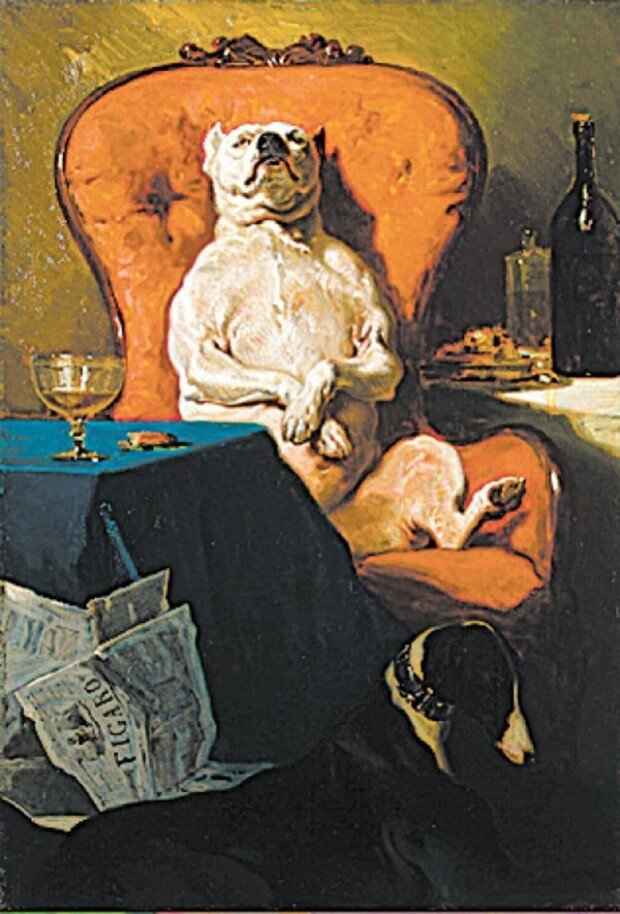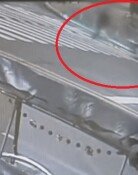Comfortable life of a dog
Comfortable life of a dog
Posted October. 21, 2021 07:21,
Updated October. 21, 2021 07:21

There is a Korean saying that goes “A dog’s life is the happiest,” which describes an easy and comfortable life of a dog that has a good owner. Sometimes it is used when one feels that his/her life is not easy. The dog depicted in 19th-century French painter Alfred de Dreux’s artwork appears has a coveted life. It looks well-fed and rested, just as a human. Why did the painter depict the dog in this way? Is this a satire towards a specific person?
Alfred de Dreux was born as a son of a well-known architect. He was taught art since the age of 13 by his uncle, the great Romantic painter Théodore Géricault. He became interested in animals through the influence of his teaching and became widely popular with his paintings of horses and animal portraits. The French painter was favored by Napoleon III who enjoyed hunting and horse riding and received orders from Queen Victoria who loved dogs.
This painting was created when the painter was 47 at the height of his career. A plump pug is seated on a soft and comfortable chair. His hind legs are spread out, his front legs are demurely put together as he comfortably leans on the sofa. A half-emptied glass and half-eaten snacks are placed on the table covered with a blue cloth. A copy of a “Le Figaro” newspaper is on the floor. The dog appears to be affluent and well-educated. His full stomach suggests that he has had a good meal or a hearty drink. His life seems to be more relaxed that a person’s life. Of course, dogs cannot read newspapers or have drinks. The painting appears to be a portrait of satire, depicting people of power or affluent intellectuals.
It would not have been easy for the painter to satirize aristocrats when he is sponsored by them. The black hound drawn under the pug seems to be the artist himself saying “Those in power, why don’t you work for the people. You are no different from a dog if you are happy with being well-fed and cared for.”







